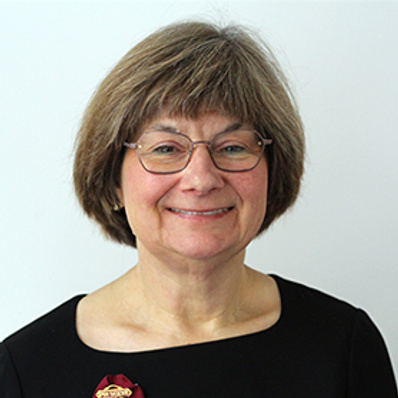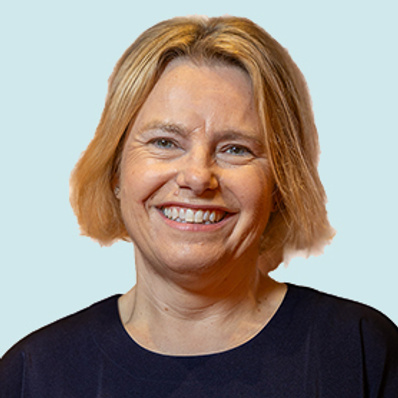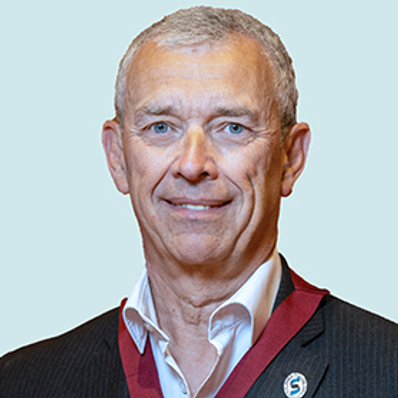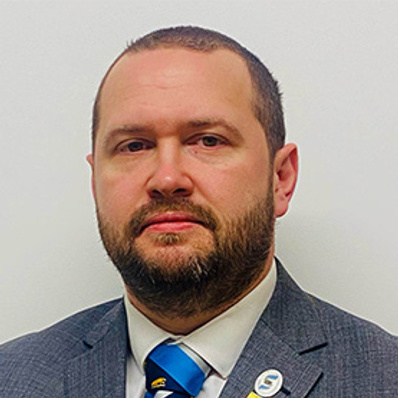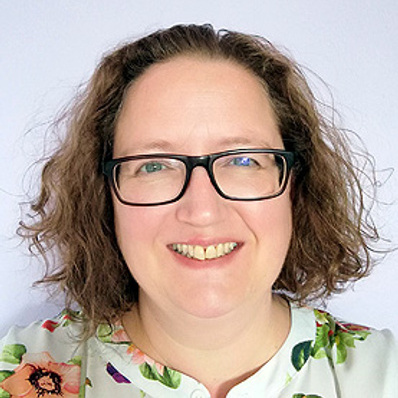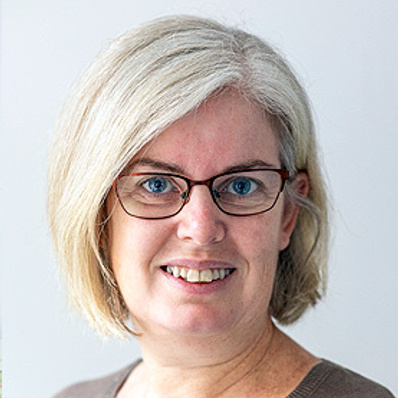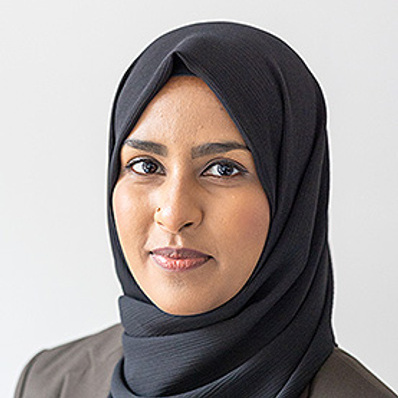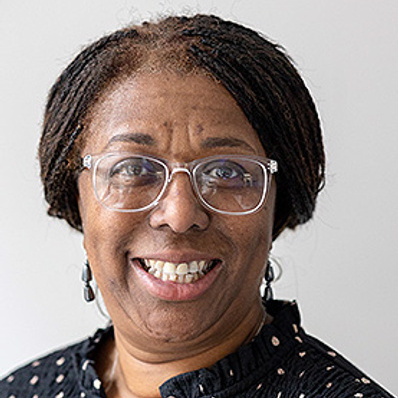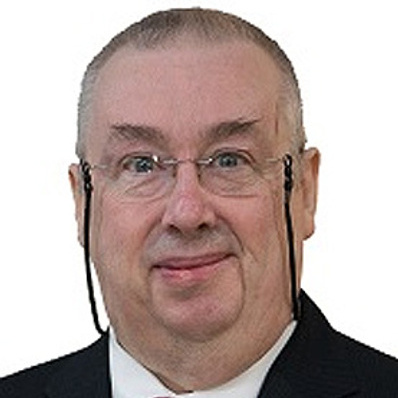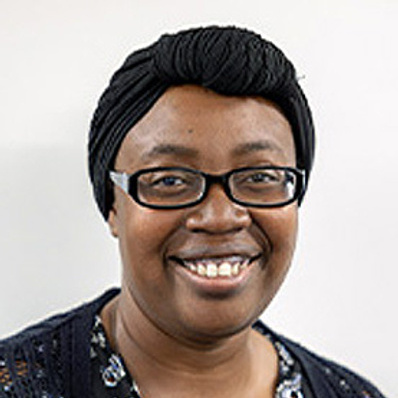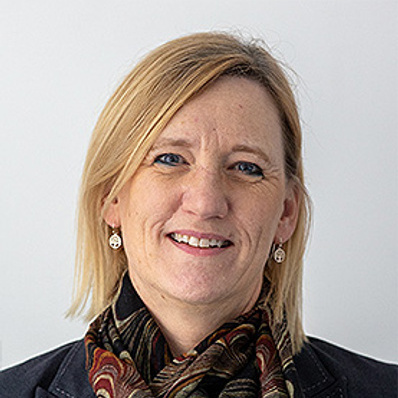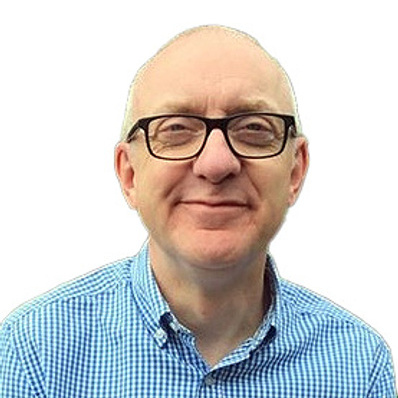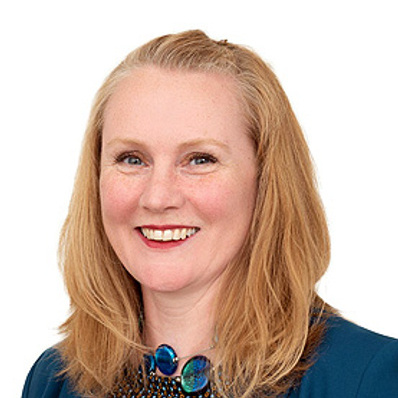Nicola Rouse
Member for the East Midlands
Nicola Rouse is a lecturer in biomedical science with a strong passion for teaching, professional development, and career progression within the field.
With 17 years of experience as an HCPC-registered biomedical scientist specialising in haematology and transfusion, Nicola has held senior roles, including eight years as a departmental training lead. She has extensive experience supporting professional development through IBMS portfolio qualifications, serving as both a Registration Portfolio Verifier and Specialist Portfolio Examiner. In these roles, she has developed learning materials, designed documentation to meet IBMS requirements, collaborated with local universities to inform course content, and participated in IBMS accreditation events.
Nicola is a Fellow of the IBMS, a Chartered Scientist, and a Fellow of the Higher Education Academy (FHEA). She holds an MSc in biomedical science, a postgraduate certificate in teaching, and qualifications in assessment, allowing her to teach across multiple levels, from NVQ Level 3 to postgraduate study. She is also a member of the haematology advisory group for the International Federation of Biomedical Laboratory Scientists.
Nicola is particularly passionate about raising awareness of red cell disorders, including sickle cell and thalassaemia, to reduce stigma and promote screening. She works to educate and encourage individuals from high-risk communities to “know their status” when planning a family, ensuring early identification of carrier status. This approach leads to better health outcomes for mothers and babies, as early intervention can prevent many complications associated with these conditions.
Nicola is a strong advocate for authentic learning design and assessment, ensuring that biomedical scientists are equipped to meet the current and future needs of patients. With pathology laboratories contributing to over 70% of all medical diagnoses, she emphasises the crucial role of biomedical scientists in healthcare.
She is also committed to making higher education more inclusive and accessible, supporting diversity in the biomedical science workforce and empowering students from all backgrounds to reach their full potential, as well as championing diversifying the UK’s blood donor pool to better support patients requiring lifelong transfusions for conditions such as sickle cell disease.

